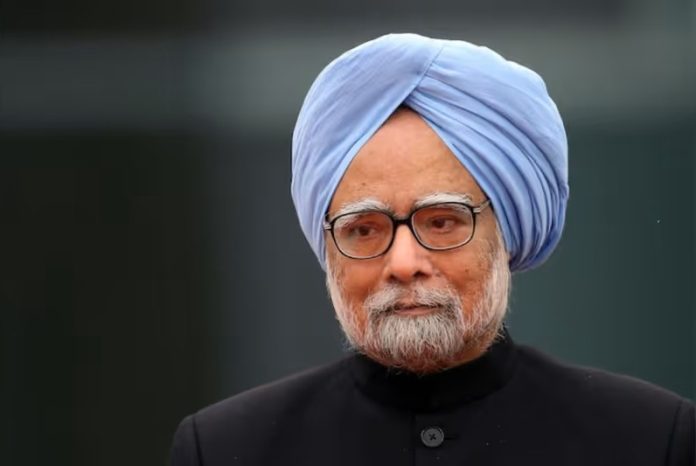– Ayesha Sultana
Former Prime Minister of India, Dr. Manmohan Singh, passed away on December 26, 2024, at the age of 92. Known as the architect of India’s economic liberalisation and staunch advocate for minority rights, Dr. Singh’s demise marks the end of an era in Indian politics and governance.
Dr. Singh served as the Prime Minister of India from 2004 to 2014. Under his leadership, he prioritised inclusive development and worked extensively to address the socio-economic challenges faced by minority communities, especially Muslims. One of his most significant contributions in this regard was the formation of the Sachar Committee in 2005.
The Sachar Committee, chaired by Justice Rajinder Sachar, was tasked with assessing the social, economic, and educational status of Muslims in India. The committee’s 2006 report revealed stark disparities and provided a comprehensive roadmap for corrective measures.
The Singh government acted on most of the committee’s recommendations, implementing initiatives aimed at uplifting the Muslim community:
Education: Increased funding for madrasas and schools in minority-concentrated areas, including institutions exclusively for girls.
Employment: Greater representation of Muslims in government services, including teaching, healthcare, and law enforcement.
Economic Empowerment: Facilitated easier access to loans for Muslims and expanded reservation policies for their upliftment.
Welfare Schemes: Introduced housing schemes and ensured better dissemination of welfare information in Urdu.
These measures underscored Dr. Singh’s vision for an inclusive India, where minority communities could participate equally in the nation’s progress.
Dr. Singh is best remembered for steering India out of an economic crisis in 1991 as the Finance Minister and for laying the foundation of India’s modern economy. As Prime Minister, he combined economic foresight with a strong sense of social justice, ensuring that India’s growth benefited all sections of society.
Tributes poured in from leaders and citizens across the globe, mourning the loss of a leader who dedicated his life to the betterment of India.
Prime Minister Narendra Modi remarked, “Dr. Manmohan Singh’s vision and efforts saved India from an economic crisis and provided a path toward development. His contribution to the nation will forever be remembered.”
Jamaat-e-Islami Hind (JIH) National President Sadatullah Husaini also expressed his condolences, stating, “Dr. Manmohan Singh’s leadership was marked by integrity and compassion. His commitment to uplifting marginalised communities, especially Muslims, reflects his vision for an equitable and inclusive India. His demise is a great loss to the nation.”
The United States extended its condolences, recognising Dr. Singh’s instrumental role in strengthening US-India ties. The Indian government declared a seven-day national mourning, with flags at half-mast and the cancellation of official events to honour his memory.
Dr. Manmohan Singh’s life was a testament to integrity, humility, and a deep commitment to public service. His policies, particularly those aimed at empowering marginalised communities, continue to shape India’s socio-economic landscape. As the nation mourns his loss, his legacy as a reformer, economist, and leader will remain a beacon of inspiration for generations to come.




